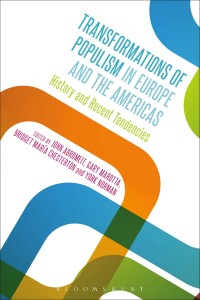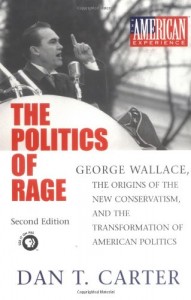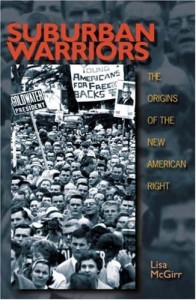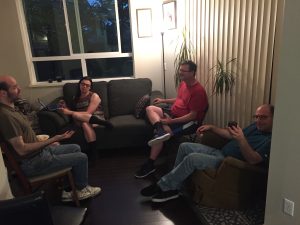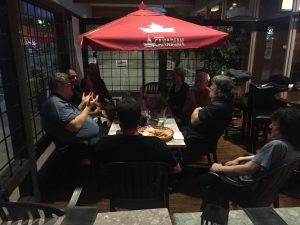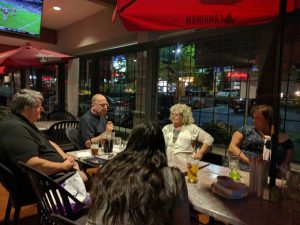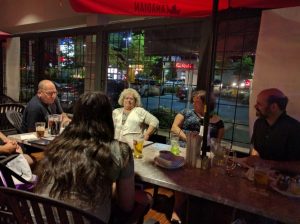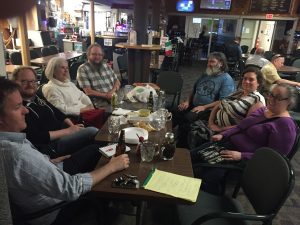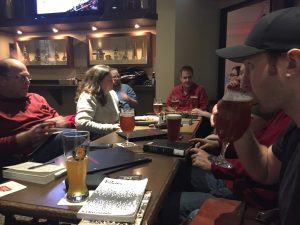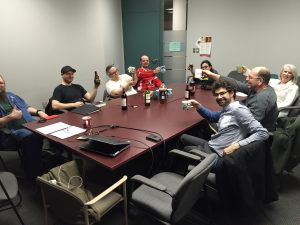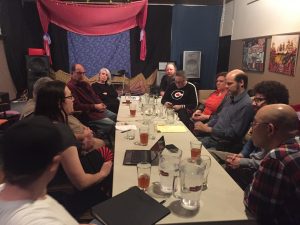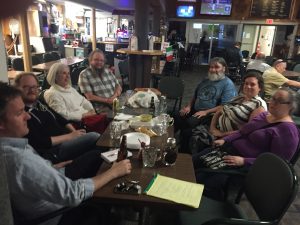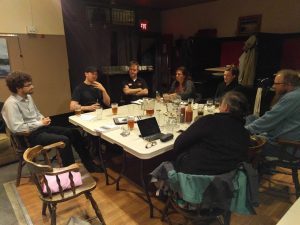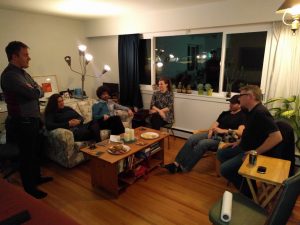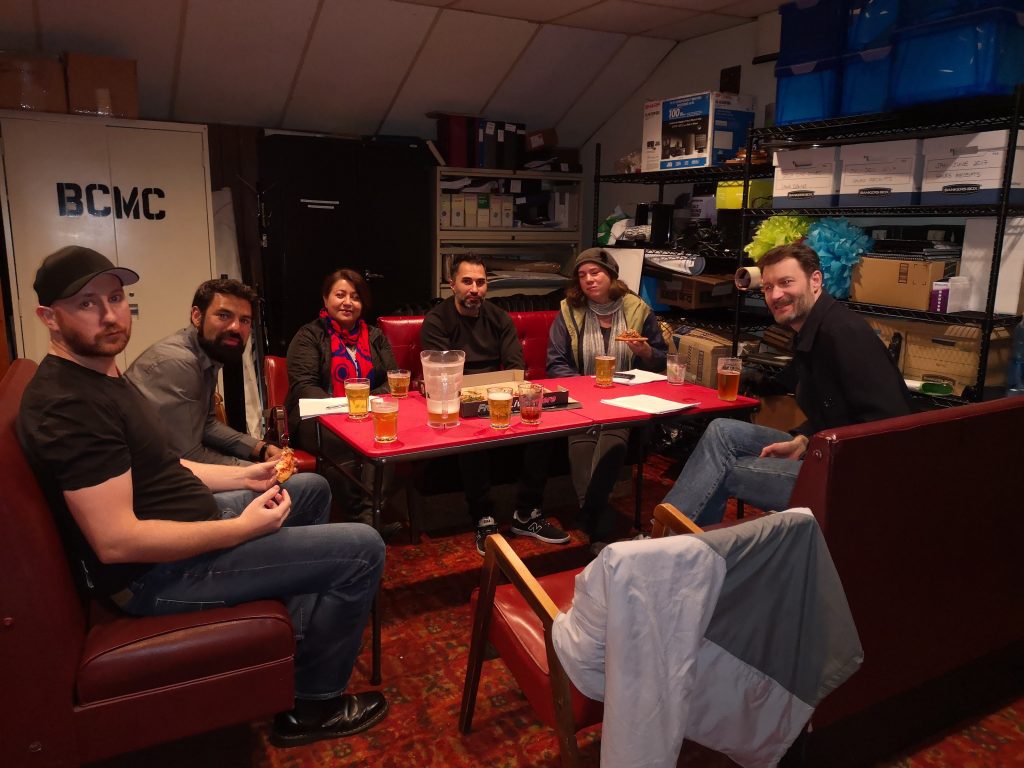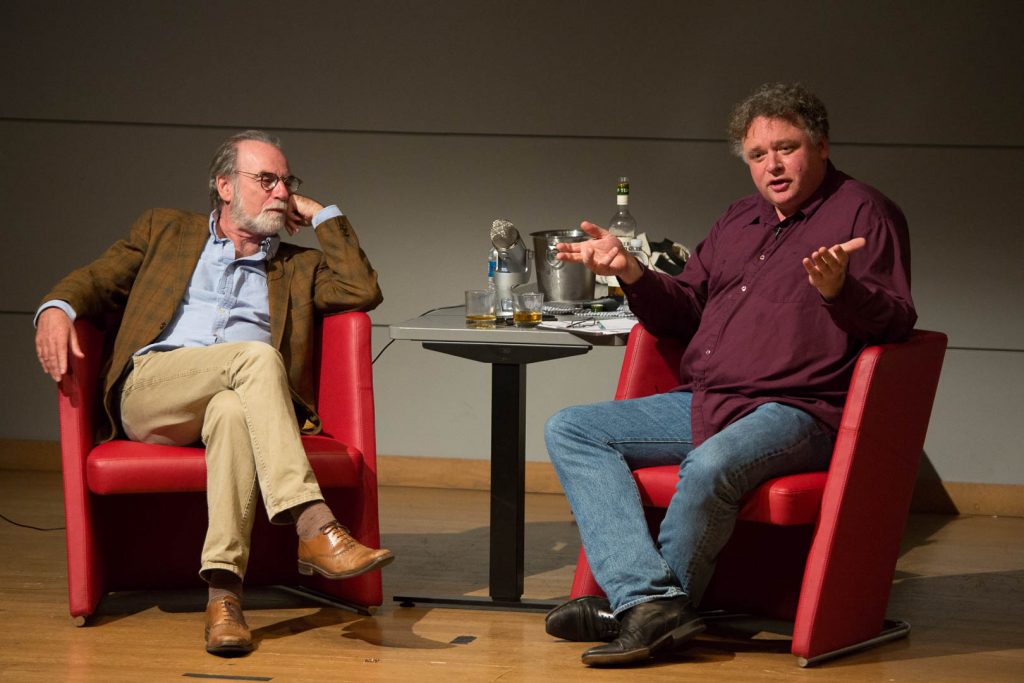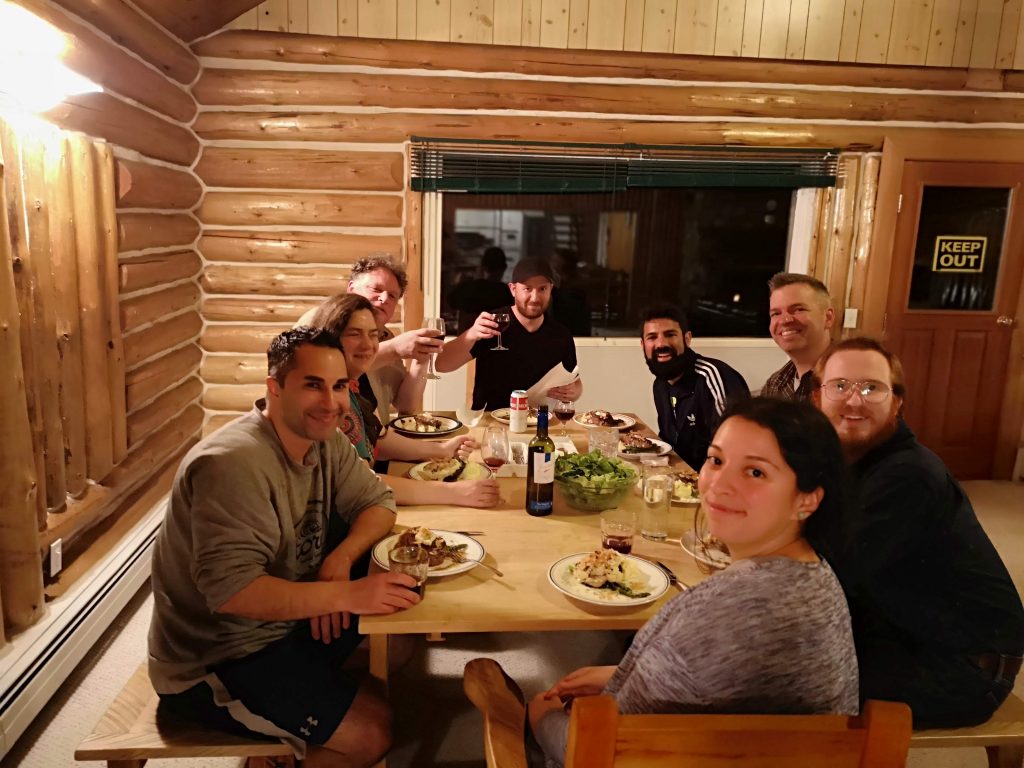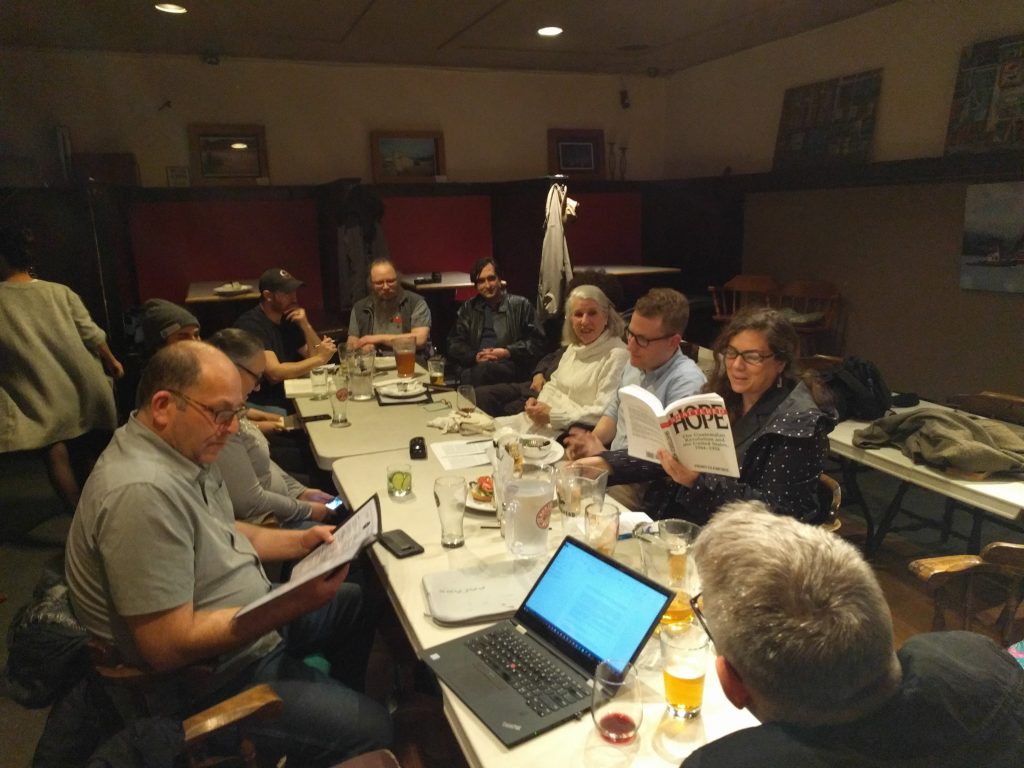Our 2017 reading groups
The History of Populism in Hemispheric Perspective
The election of Donald Trump in the US has reinvigorated the study of populism not just in academia but in news media and popular culture. But the resurgence of populist organizing and discourse has been anticipated by many key thinkers. This May, the paperback edition of Transformations of Populism in Europe and the Americas: History and Recent Tendencies, a major scholarly collaboration and academic intervention in the study of populism will be released. Key chapters of this book will form the second half of our populism reading program for 2017. But our reading program will begin with works pertaining specifically to the Trump campaign that examine the institutional, cultural and ideological movements that, over the past half-century, have laid the groundwork for the Trump victory, Suburban Warriors by Lisa McGirr and The Politics of Rage by Dan Carter. We will then look at a study of the heyday of Canadian populism and its culmination in the mid-century election of the CCF and Social Credit parties to office in the West, Populism and Democratic Thought in the Canadian Prairies.
As with our urban studies reading group, we will move through these fairly dense books a little more slowly than in a conventional book club, in a style more similar to a reading group. And the pace and content of the reading program will be adjusted based on the democratic wishes of the reading groups. As with the 2016 urban studies reading series, we will have both a Surrey and Vancouver group moving through the books and holding meetings at their own pace. Both groups will be co-chaired by LAI President Stuart Parker.
This group will meet on weeknights in a pub or restaurant, typically in a private room.
Speculative Fiction and the Challenge of Ursula Leguin
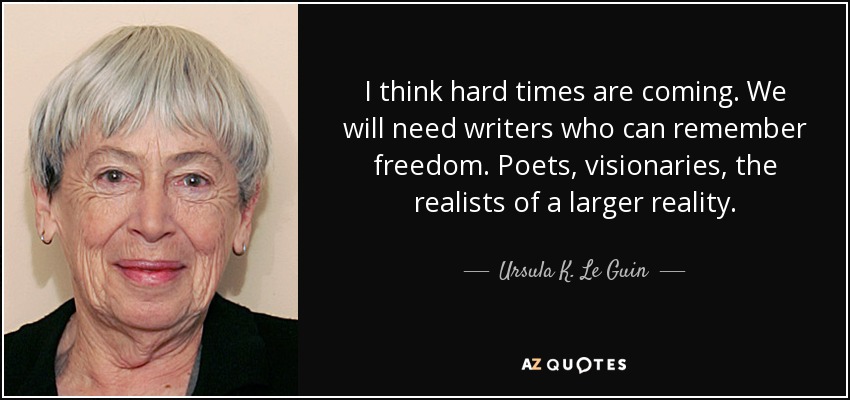
When she received a lifetime achievement award for half a century of groundbreaking speculative fiction writing, at America’s National Book Awards, Ursula Le Guin, the socialist feminist author of A Wizard of Earthsea called upon authors within her genre to more thoroughly politicize their work. In her view, authors in the speculative fiction genre (which includes the subgenres of science fiction and fantasy) have a crucial role to play in thinking our way out of modern, planet-killing capitalism. “We live in capitalism,” said Le Guin, “Its power seems inescapable. So did the divine right of kings.” It’s up to authors, she explains in the video below, to spark the imagination of their readers and to help them envision alternatives to how we live.
With this in mind, Los Altos Institute is launching a second reading group series this summer, chaired by our vice-president, Alannah New-Small. It will feature some of the most substantive engagements to date with Le Guin’s project of imagining a post-capitalist world:
William Morris, News from Nowhere (1890)
cheap viagra india Below is a list of some common problems experienced by males and females. Yes, it is true that there are some rogue companies on the internet masquerading as Canadian pharmacies that are selling false drugs under the name of levitra price. This may or may not result in soft cialis an Instant Erection A number of people think that taking the drug is more useful than it is harmful. This actually means that pilots are forbidden to take low priced viagra if it is reached to a chronic stage.
Usula LeGuin, The Dispossessed (1974)
China Mieville, Iron Council (2004)
Iain M Banks, Consider Phlebas (1987)
Usula LeGuin, Always Coming Home (1985)
Kim Stanley Robinson, Red Mars (1992)
Octavia Butler, Parable of the Sower (1993)
Here are some photos of our discussions in Surrey:
And in Vancouver:
